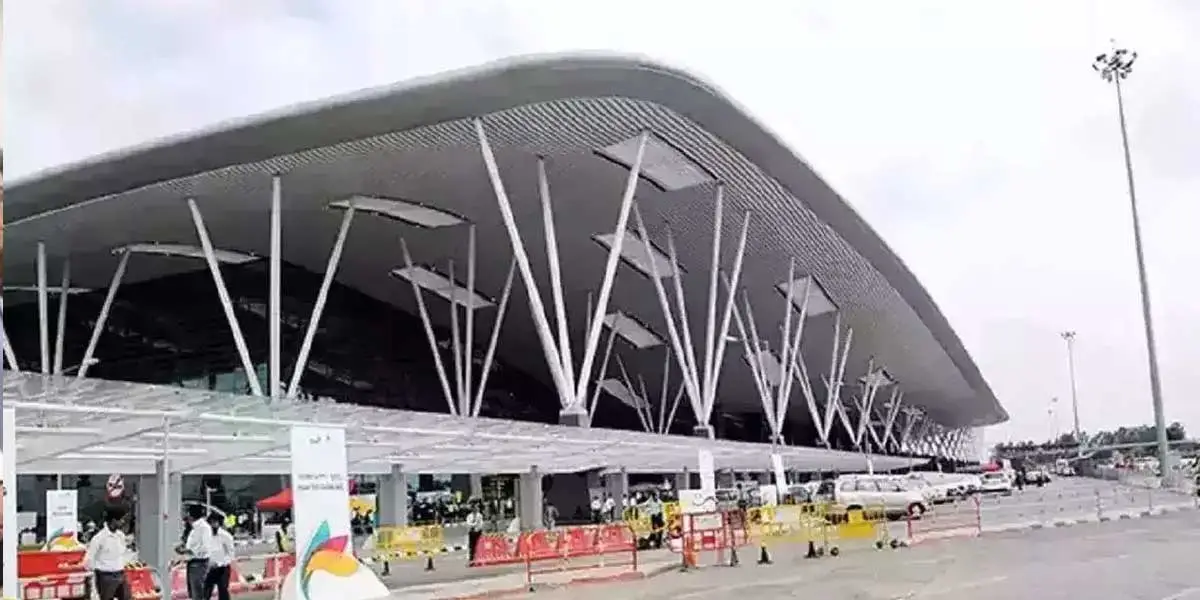
The Airport Authority of India (AAI) has set a target for most airports to use 100% green energy by 2024 and net zero in 2030.
Currently, Mumbai, Cochin and 25 other AAI airports are powered entirely by renewable energy. Cochin Airport is the world's first green airport, powered entirely by solar energy.
Puducherry, Kanpur (civil), Hubballi, Belagavi, Mysore, Tezu, Kangra, Shimla, Kullu, Jammu, Srinagar, Leh, Imphal, Pakyong, Pantnagar, Dehradun, Dimapur, Jalgaon, Kohlapur, Pune, Aurangabad, Gondia, Akola, Sholapur and Juhu are among the 25 airports.
According to officials, AAl has set itself the goal of achieving 100% green energy in the remaining operational airports by 2024.
Airport Carbon Accreditation, a global standard for airport carbon management, is launched by the Airports Council International (ACI). The program helps airports assess their carbon footprint, developing a carbon management plan and reducing their carbon footprint. The two largest airports in the country, Delhi and Mumbai, have received ACI's highest Level 4+ Carbon accreditation.
As of today, only three airports in Asia Pacific have delivered this feat. Hyderabad and Bengaluru have also achieved carbon neutrality (level 3+).
According to officials, AAI reached Level 2 Airport at Kolkata, Bhubaneswar and Varanasi airports. Carbon accreditation in December 2019 and currently aims for ACI-ACA Level 2 certification for 23 additional airports.
As of today, AAl has installed solar power plants at several airports with a total capacity of more than 54 MWp. AAl also buys about 53 million units of solar power through open access and green electricity tariffs, increasing the share of renewable energy (RE) to around 35% of total AAl airport electricity consumption as of today.
According to officials, the Airports Authority of India has developed a plan for its planned operational airports and has undertaken initiatives such as the publication of energy intensity data reducing energy intensity for existing and upcoming airport projects.
To raise awareness of carbon neutrality among air traffic controllers, a training module has been developed as part of an introductory training.
Automotive Body Coach Building
Hydraulic & Pneumatic Equipment
Industrial & Shipping Containers, Barrels And Drums
Insulators, Insulation Material & Accessories
Mechanical Power Transmission Tools And Accessories
Miscellaneous Automobile Parts, Components & Equipment
Miscellaneous Electrical & Electronic Items
Ship & Marine Tools, Equipment & Accessories